Grégoire Déletang
Distributional Bellman Operators over Mean Embeddings
Dec 09, 2023Abstract:We propose a novel algorithmic framework for distributional reinforcement learning, based on learning finite-dimensional mean embeddings of return distributions. We derive several new algorithms for dynamic programming and temporal-difference learning based on this framework, provide asymptotic convergence theory, and examine the empirical performance of the algorithms on a suite of tabular tasks. Further, we show that this approach can be straightforwardly combined with deep reinforcement learning, and obtain a new deep RL agent that improves over baseline distributional approaches on the Arcade Learning Environment.
Causal Analysis of Agent Behavior for AI Safety
Mar 05, 2021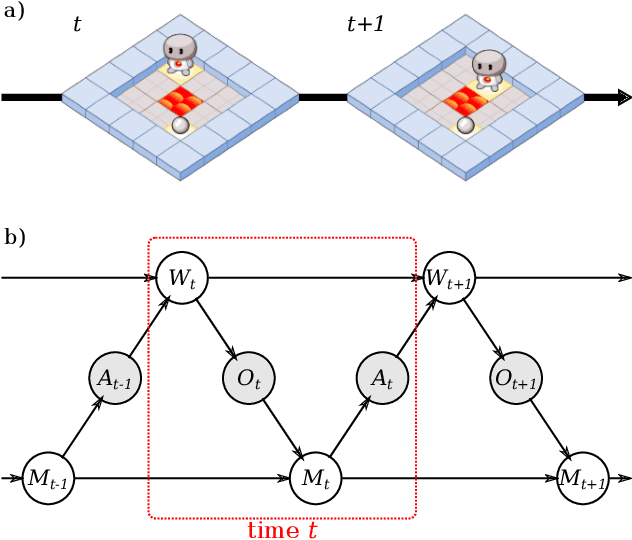
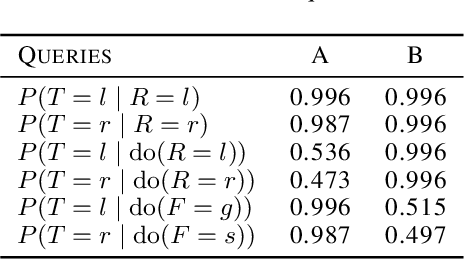
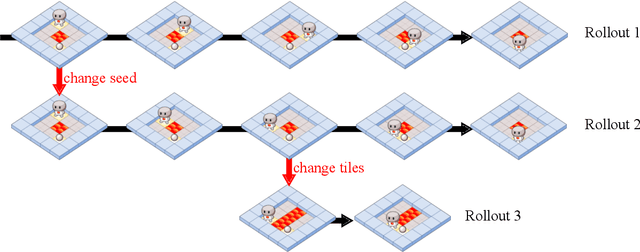

Abstract:As machine learning systems become more powerful they also become increasingly unpredictable and opaque. Yet, finding human-understandable explanations of how they work is essential for their safe deployment. This technical report illustrates a methodology for investigating the causal mechanisms that drive the behaviour of artificial agents. Six use cases are covered, each addressing a typical question an analyst might ask about an agent. In particular, we show that each question cannot be addressed by pure observation alone, but instead requires conducting experiments with systematically chosen manipulations so as to generate the correct causal evidence.
Algorithms for Causal Reasoning in Probability Trees
Nov 12, 2020
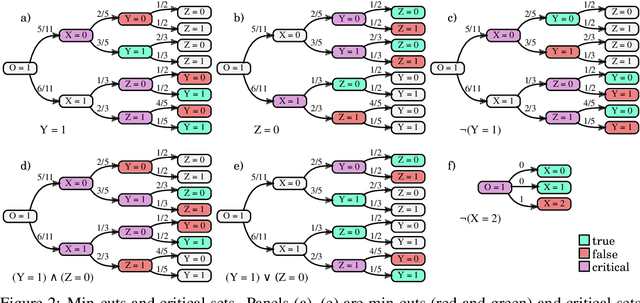
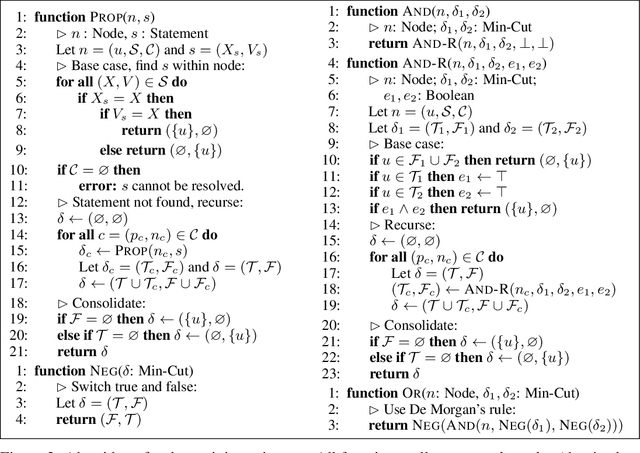
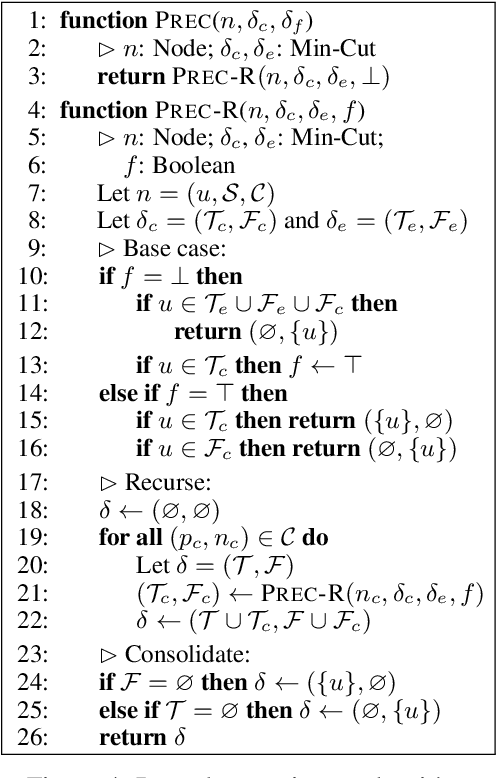
Abstract:Probability trees are one of the simplest models of causal generative processes. They possess clean semantics and -- unlike causal Bayesian networks -- they can represent context-specific causal dependencies, which are necessary for e.g. causal induction. Yet, they have received little attention from the AI and ML community. Here we present concrete algorithms for causal reasoning in discrete probability trees that cover the entire causal hierarchy (association, intervention, and counterfactuals), and operate on arbitrary propositional and causal events. Our work expands the domain of causal reasoning to a very general class of discrete stochastic processes.
 Add to Chrome
Add to Chrome Add to Firefox
Add to Firefox Add to Edge
Add to Edge